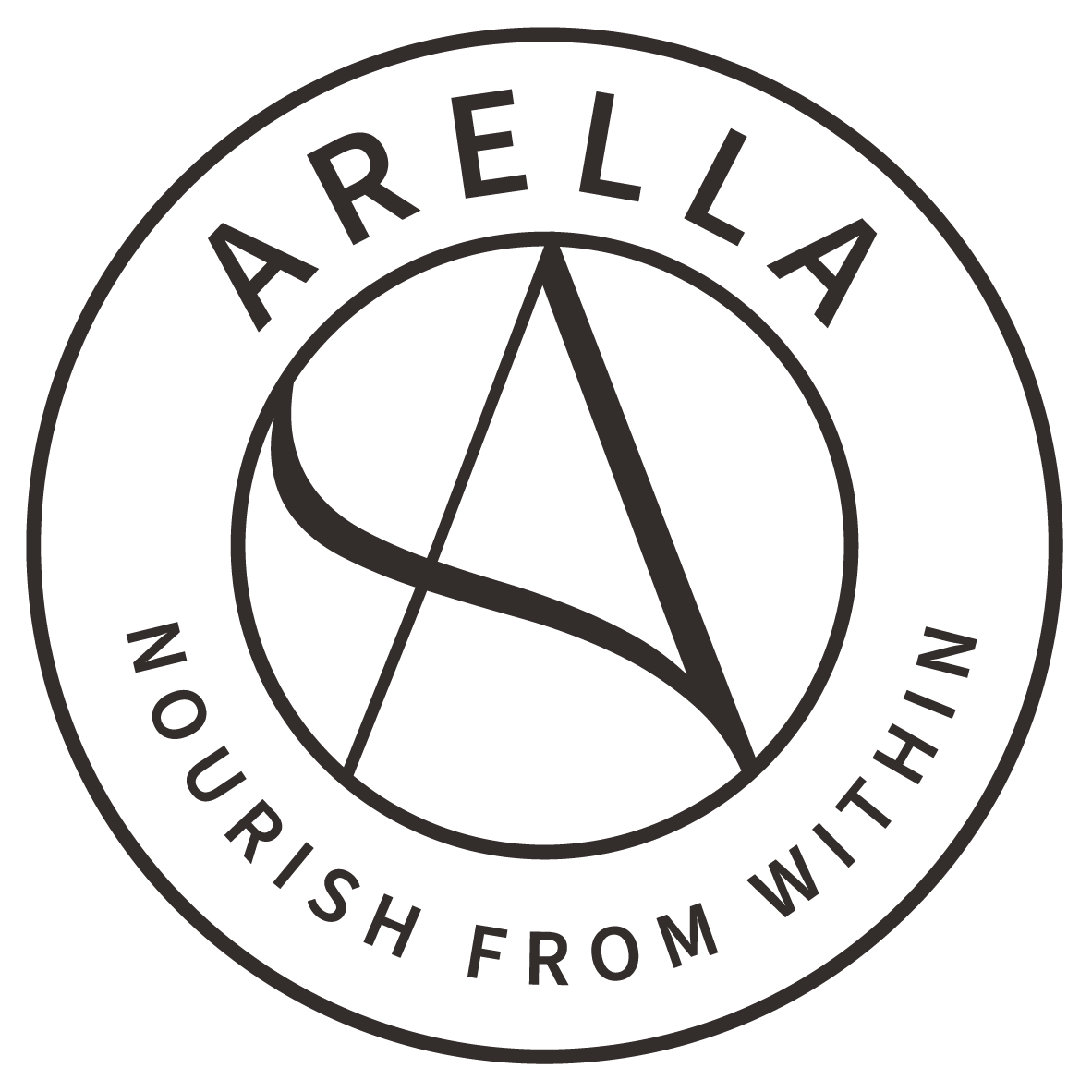Our faces are more than just our visual identity: they say so much about us. They reflect what we’re thinking and feeling, and sometimes how we have lived.
We have taken care of the skin on our faces for thousands of years, using a variety of lotions, potions and creams, some of which have worked, others, not so much.
Yet who would have thought the secret to banishing wrinkles in favour of softer, smoother, younger-looking skin came from within?
Collagen, a structural protein that we produce naturally, has become a key component of 21st-century facial skincare, and could be more impactful than the average topical treatment.
This blog will take a look at the importance of boosting collagen levels for your face, and explain why our plant-based drink offers a beauty solution that goes more than just skin deep.
The basics of collagen and skin
The human body makes all 28 known forms of collagen protein, of which Type I accounts for around 90%, while Types II-V make up the rest.
Our skin is made up of several layers: the stratum corneum, the epidermis, the dermis and the fatty subcutis, which are also home to Types I, IV and V of collagen.
It’s worth noting at this point that collagen makes up about 80% of our skin, it’s also present in almost every other part of our bodies, from our bones to our connective tissues.
Collagen plays the same crucial role wherever it is found: providing structure and hydration. We’ll soon see why this is so important to our skin.
The impact of collagen production
We generate collagen by combining amino acids including proline, glycine and hydroxyproline with vitamin C, zinc, copper and manganese: a process known as synthesis.
This chemical recipe results in the formation of a triple helix-formed protein that has several important roles to play in our bodies.
Collagen helps our blood to clot, forms part of a protective covering for our organs, provides structure to our bones, muscles and blood vessels, helping to make them denser and stronger.
So much for what happens on the inside. What about collagen’s impact on our skin?
The natural decline of collagen synthesis

Collagen is crucial for all skin types. It is key to the formation of fibroblasts in the dermis that promote new cell growth, and collagen plays a role in the replacement of dead skin cells.
As well as providing structure to our skin, it also boosts hydration, resulting in an overall plumping effect.
Despite the many important functions of collagen, Mother Nature proves she’s got a wicked sense of humour by starting to slow our natural production at around the age of 30.
The cut of around 1% per year snowballs after the age of 40, when it becomes much steeper. It often coincides with the drop in oestrogen among perimenopausal and menopausal women.
Dehydration and skin elasticity
The results of this slump in collagen levels? More visible signs of facial ageing, including fine lines, deep wrinkles and sagging skin.
The drop in collagen-based hydration can lead to skin roughness and reduce our skin thickness, while even our hair can start to fall out thanks to a dehydrated scalp.
It all sounds very doom and gloomy, but all is not lost! There are several ways you can protect, preserve and even increase the collagen levels in your face.
Collagen for your face: the dos...
Seek out collagen-rich foods
Eating a healthy diet that includes lots of collagen-rich foods is a great way to boost collagen levels. Focus on protein-heavy items like fish, poultry, meat, eggs, dairy, legumes and soy.
Bolster them with shellfish, nuts, seeds, and whole grains, as well as citrus fruits, berries, leafy greens, bell peppers and tomatoes, to ensure a good supply of the nutrients needed for collagen production.
Eating more fruits and vegetables isn’t just good for your heart health either. They are great sources of antioxidants that prevent free radicals breaking down the collagen in our faces, leading to wrinkles.
Stay active to reduce stress
Stress can impair the body’s ability to heal, causing inflammation that can speed up the ageing process. Getting regular exercise can help lower our anxiety levels and reduce that damaging inflammation.
(Try to) sleep well
We all know the importance of a good night’s rest (we’re looking at you, perimenopausal and menopausal women) but research suggests the body’s collagen production process can be hindered by consistent poor sleep.
Wear sunscreen all day, every day
Prolonged sun exposure is one of the worst things for our skin health. As well as running the risk of skin cancer, ultraviolet light, especially UVB and UVA rays, can penetrate our skin and trigger the breakdown of collagen.
If you want smooth skin, free from lines and wrinkles, it’s vital to have a broad-spectrum sunscreen among your range of skincare products.
Choose topical products that have a minimum 30 SPF, and remember to read the label for instructions on how often to reapply it.
Don a hat and shades
Embrace your inner Hollywood star and shield the skin on your face, neck and scalp with a wide-brimmed hat. Don’t opt for ones with holes: instead choose one made from a tightly woven fabric.
Pair it with wraparound sunglasses for the ultimate defence against fine lines and wrinkles forming in the skin around the eyes. The great news is, you don’t have to spend a fortune, even cheap shades will protect your skin and the collagen within it.
...and the don’ts of collagen for your face

Spend a long time in the sun
Having just detailed how to protect our delicate human skin from the sun, experts insist the best way to minimise any cumulative damage is to stay out of it as much as possible.
As well as accelerating skin ageing on the face, dermatologists warn the collagen structure in skin on the chest, neck and backs of the hands are all at risk from exposure to too many UV rays.
Smoke or vape
Smoking and vaping are both terrible for all skin types and in more ways than one. The nicotine in cigarettes restricts the flow of oxygen and blood, resulting in a dull and uneven skin tone.
Cigarettes also generate free radicals that damage both collagen and elastin, while both cigarettes and vaping lead to oxidative stress - a drop in the levels of antioxidants in the skin.
Research has shown smoking prematurely ages the skin on our face, while vaping can make a skin condition like acne much worse. If you want to boost or restore collagen in your skin, it’s time to think about quitting.
Drink too much alcohol
Our lifestyle habits are often reflected by our skin condition. If you enjoy eight or more alcoholic drinks per week, you could be prematurely ageing your skin.
Like smoking, alcohol hinders the body’s ability to produce collagen and reduces the skin’s antioxidant levels. As a result, our skin loses elasticity and can end up looking dull and lifeless.
Cutting down or cutting out alcohol can help boost collagen levels, improve skin elasticity and give you hydrated, smooth skin.
Eat a sugary diet
Forget “a moment on the lips, a lifetime on the hips”, if we eat too many sugary foods, they can start to break down the collagen in our facial skin.
Scientists have warned that a diet rich in sugar can lead to the creation of advanced glycation end products that destroy collagen.
Eating a more balanced diet and careful reading of food labels to spot hidden sugars can help prevent us having less collagen in our skin.
Of course, there is another way to help minimise skin damage caused by environmental and lifestyle factors, reduce wrinkles and slow the skin ageing process.
Taking collagen supplements.
Collagen supplements for the face
The beauty industry cottoned on to the importance of collagen around 50 years ago and quickly put it at the heart of a wide range of products.
While there is a huge variety of skincare products we can put on our faces to combat the ageing process, working from the outside in isn’t always the answer.
That’s why oral collagen supplements like ours, which operate at a cellular level, can be so much more effective at helping boost skin elasticity and overall skin rejuvenation.
Although there is a wide range of collagen supplementation on the market, the majority of the collagen in them comes from either animal or marine sources.
In order for us to digest it, the collagen from cows, pigs and fish is broken down into miniscule fragments, known as collagen peptides.
Obviously those sources may not be ideal for some people’s lifestyles, no matter how much they want youthful skin from their collagen boost, and there are important questions about their sustainability.
It’s why at Arella, we chose a different path.
It’s a collagen drink, but not as you know it

Our award-winning, plant-based liquid supplement doesn’t contain any bovine or marine collagen. Instead, the key ingredient is VeCollal®, a biomimetic.
It precisely copies the chain of amino acids our body naturally uses to stimulate collagen production, and combines them with plant-based ingredients containing all the elements needed for collagen synthesis.
The result? More collagen that is 100% identical to human Type I. FYI: animal and marine collagen is similar but not the same as our own.
That means your face (and everywhere else where you find the different types of collagen in your body) gets a boost of hydration and support, no matter your skin type.
Our liquid collagen supplement can help increase sensitive skin hydration, improve sagging skin’s elasticity, tighten loose skin and generally enhance your overall skin health.
Skin hydration and so much more
Each sachet of our delicious, plant-based collagen supplement delivers much more than a kick-start to your body’s collagen production.
It is filled with ingredients that have been specially selected to maximise the benefits that collagen can have, both inside and out.
Hyaluronic acid
Lots of skincare products contain hyaluronic acid and it’s easy to understand why. It boosts collagen, hydrates skin, relieves joint pain, repairs acne and increases skin elasticity. The vegan-friendly hyaluronic acid in our plant-based drink is derived from fermented bacteria and has exactly the same benefits.
Retinol (Vitamin A)
Retinoids are the active form of vitamin A and a key component in oral collagen supplementation. Alongside their anti-inflammatory properties, they stimulate collagen production and skin cell turnover, helping to reduce the appearance of fine lines and wrinkles.
Vitamin C
As well as being an essential ingredient for producing all types of collagen, the vitamin C in our collagen supplement is also bursting with antioxidants that help us achieve young-looking smooth skin.
Try our plant-based collagen drink
If you’re ready to start boosting collagen levels in your facial skin (and everywhere else), now’s the perfect time to try our plant-based supplement.
It’s convenient, tastes great and, at only £1.71 per day, you get all the benefits of collagen for less than a takeout coffee.
Our offers include a 14-day subscription. Find all the details here.
Questions or queries? Get in touch
If you want to ask us anything about the impact of our plant-based supplement on your skin, or any of the other products in the Arella range that aren’t covered by our FAQs, drop us a line.
You can email us at info@arella-beauty.co.uk, telephone 03303 209 190, or fill in this contact form and we’ll get back to you straight away.




